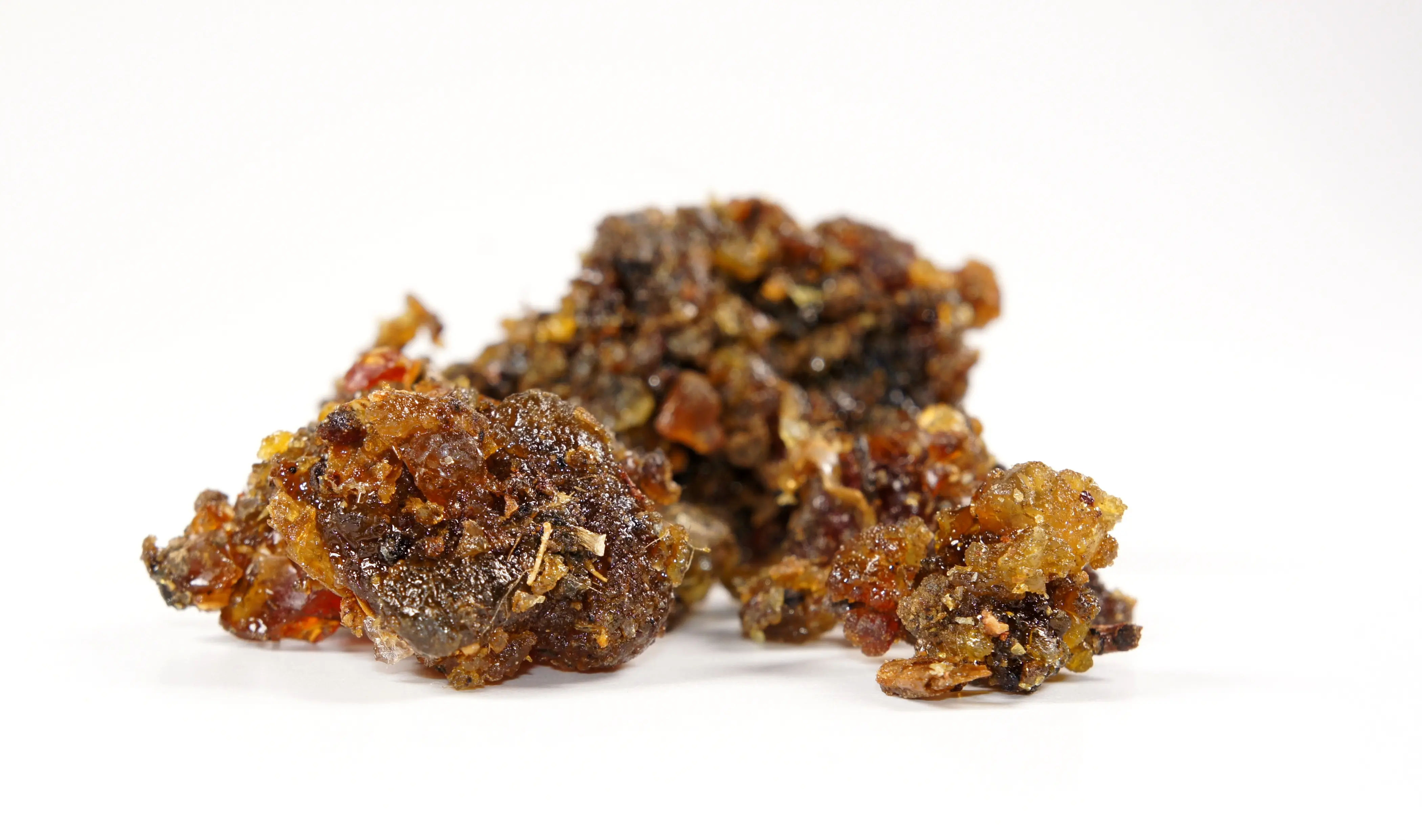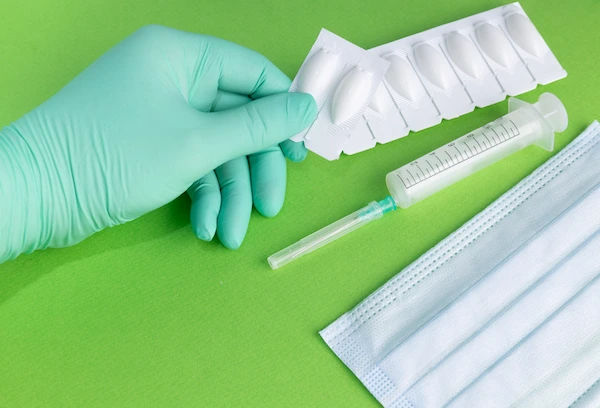Understanding Blood in Stool Causes
Explore the possible causes of blood in stool, from minor conditions like hemorrhoids to serious issues like gastrointestinal bleeding. Learn when to seek medical attention.

Written by Dr. J T Hema Pratima
Reviewed by Dr. Shaik Abdul Kalam MD (Physician)
Last updated on 13th Jan, 2026

Introduction
Noticing blood in your stool can be alarming, but it’s important to stay calm and understand what might be causing it. While some causes are minor and easily treatable, others may require medical attention. This article will help you understand the possible reasons for blood in stool, what symptoms to watch for, and when to consult a doctor.
What Does Blood in Stool Look Like?
Blood in stool can appear in different ways, depending on where the bleeding is coming from:
Bright red blood: This usually indicates bleeding in the lower digestive tract (rectum or anus). It may appear as streaks on toilet paper or in the toilet bowl.
Dark, tarry stools (melena): This suggests bleeding higher up in the digestive tract (stomach or small intestine). The blood turns dark due to digestion.
Maroon-colored stools: This may indicate bleeding in the middle or upper part of the colon.
Common Causes of Blood in Stool
1. Haemorrhoids
Swollen veins in the rectum or anus.
Common in people with constipation or during pregnancy.
Symptoms: Bright red blood on toilet paper, itching, or discomfort.
2. Anal Fissures
Small tears in the lining of the anus, often due to passing hard stools.
Symptoms: Sharp pain during bowel movements, followed by bright red blood.
3. Gastrointestinal Infections
Bacterial or viral infections (like E. coli or Salmonella) can cause bloody diarrhoea.
Symptoms: Stomach cramps, fever, and loose stools with blood or mucus.
4. Inflammatory Bowel Disease (IBD)
Conditions like Crohn’s disease or ulcerative colitis cause chronic inflammation in the digestive tract.
Symptoms: Diarrhoea, abdominal pain, weight loss, and bloody stools.
5. Peptic Ulcers
Sores in the stomach or small intestine, often due to H. pylori infection or long-term NSAID use.
Symptoms: Burning stomach pain, dark stools (melena), nausea.
6. Diverticulosis
Small pouches (diverticula) form in the colon wall and may bleed.
Symptoms: Sudden, painless bleeding (often bright red).
7. Colon Polyps or Cancer
Polyps (non-cancerous growths) or colorectal cancer can cause bleeding.
Symptoms: Blood in stool, changes in bowel habits, unexplained weight loss.
Consult Top Specialists for Personalised Tips
When Should You See a Doctor?
While minor causes like haemorrhoids or fissures can often be managed at home, certain signs require medical attention:
Persistent bleeding (more than a few days).
Dark or tarry stools (could indicate upper GI bleeding).
Severe abdominal pain, dizziness, or weakness (signs of significant blood loss).
Unexplained weight loss or fatigue.
Family history of colon cancer or IBD.
If you experience any of these, consult a doctor immediately. Early diagnosis can prevent complications.
How Is Blood in Stool Diagnosed?
Your doctor may recommend tests like:
Stool test (to check for infections or hidden blood).
Colonoscopy (to examine the colon for polyps or inflammation).
Endoscopy (to check the upper digestive tract).
Blood tests (to detect anaemia or infections).
Tips to Manage and Prevent Blood in Stool
Hwre’s how to anage and prevent blood in stool:
1. Eat a High-Fibre Diet
Helps prevent constipation and reduces strain during bowel movements.
Include fruits, vegetables, whole grains, and legumes.
2. Stay Hydrated
Drinking enough water softens stools and eases digestion.
3. Avoid Straining During Bowel Movements
Take your time and don’t force it.
4. Exercise Regularly
Promotes healthy digestion and prevents constipation.
5. Limit NSAIDs (Painkillers like Ibuprofen)
Overuse can irritate the stomach lining and cause ulcers.
6. Practice Good Hygiene
Clean the anal area gently to avoid irritation.
When to Seek Emergency Care?
Seek immediate medical help if you experience:
Heavy bleeding with dizziness or fainting.
Severe abdominal pain with vomiting.
Black, tarry stools with weakness.
Conclusion
Blood in stool can have many causes, from minor issues like haemorrhoids to more serious conditions like ulcers or cancer. Pay attention to your symptoms, and don’t ignore persistent bleeding. If you’re concerned, consult a doctor for proper diagnosis and treatment.
If you notice blood in your stool and are unsure about the cause, Apollo 24|7 offers expert consultations and diagnostic tests. Schedule an appointment today for peace of mind and timely care.
Consult Top Specialists
Consult Top Specialists for Personalised Tips

Dr. B Sivananda Reddy
General Physician
12 Years • D M ( OSMANIA MEDICAL COLLEGE, KNRUHS ) MD ( KASTURBA MEDICAL COLLEGE , MAHE) MBBS ( PESIMS&R, NTRUHS).
Secunderabad
Apollo Hospitals Secunderabad, Secunderabad
Dr. Venkatesh Billakanti
General Physician/ Internal Medicine Specialist
15 Years • M.D ( GENERAL MEDICINE), M.V.J MEDICAL COLLEGE – HOSKOTE, BANGALORE,KARNATAKA ,M.B.B.S – MEDICITY INST OF EDICAL SCIENCES – T.G , F.I.C.M – CRITICAL CARE – APOLLO JUBLI HILLS ,CCMBE – ONLINE COURSE ON ANTIBIOTIC STEWRDSHIP
Hyderabad
Apollo Hospitals Financial District, Hyderabad

Dr. Chandrasekar Chandilya
General Physician/ Internal Medicine Specialist
29 Years • MD, FRCP (Glasgow), FCIP, PGD (Diabetology), FACC (USA)
Chennai
Apollo Hospitals Greams Road, Chennai
(75+ Patients)

Dr. Rama Narasimhan
General Physician/ Internal Medicine Specialist
20 Years • MBBS, MD
Chennai
Apollo Hospitals Greams Road, Chennai

Dr. Ramya Hari
General Practitioner
18 Years • Medical Head & Family Physician, DG Shipping Approved Doctor, Panel Physician - UK Visa Medicals
Chennai
Apollo Medical Centre Kotturpuram, Chennai
Consult Top Specialists

Dr. B Sivananda Reddy
General Physician
12 Years • D M ( OSMANIA MEDICAL COLLEGE, KNRUHS ) MD ( KASTURBA MEDICAL COLLEGE , MAHE) MBBS ( PESIMS&R, NTRUHS).
Secunderabad
Apollo Hospitals Secunderabad, Secunderabad
Dr. Venkatesh Billakanti
General Physician/ Internal Medicine Specialist
15 Years • M.D ( GENERAL MEDICINE), M.V.J MEDICAL COLLEGE – HOSKOTE, BANGALORE,KARNATAKA ,M.B.B.S – MEDICITY INST OF EDICAL SCIENCES – T.G , F.I.C.M – CRITICAL CARE – APOLLO JUBLI HILLS ,CCMBE – ONLINE COURSE ON ANTIBIOTIC STEWRDSHIP
Hyderabad
Apollo Hospitals Financial District, Hyderabad

Dr. Chandrasekar Chandilya
General Physician/ Internal Medicine Specialist
29 Years • MD, FRCP (Glasgow), FCIP, PGD (Diabetology), FACC (USA)
Chennai
Apollo Hospitals Greams Road, Chennai
(75+ Patients)

Dr. Rama Narasimhan
General Physician/ Internal Medicine Specialist
20 Years • MBBS, MD
Chennai
Apollo Hospitals Greams Road, Chennai

Dr. Ramya Hari
General Practitioner
18 Years • Medical Head & Family Physician, DG Shipping Approved Doctor, Panel Physician - UK Visa Medicals
Chennai
Apollo Medical Centre Kotturpuram, Chennai




